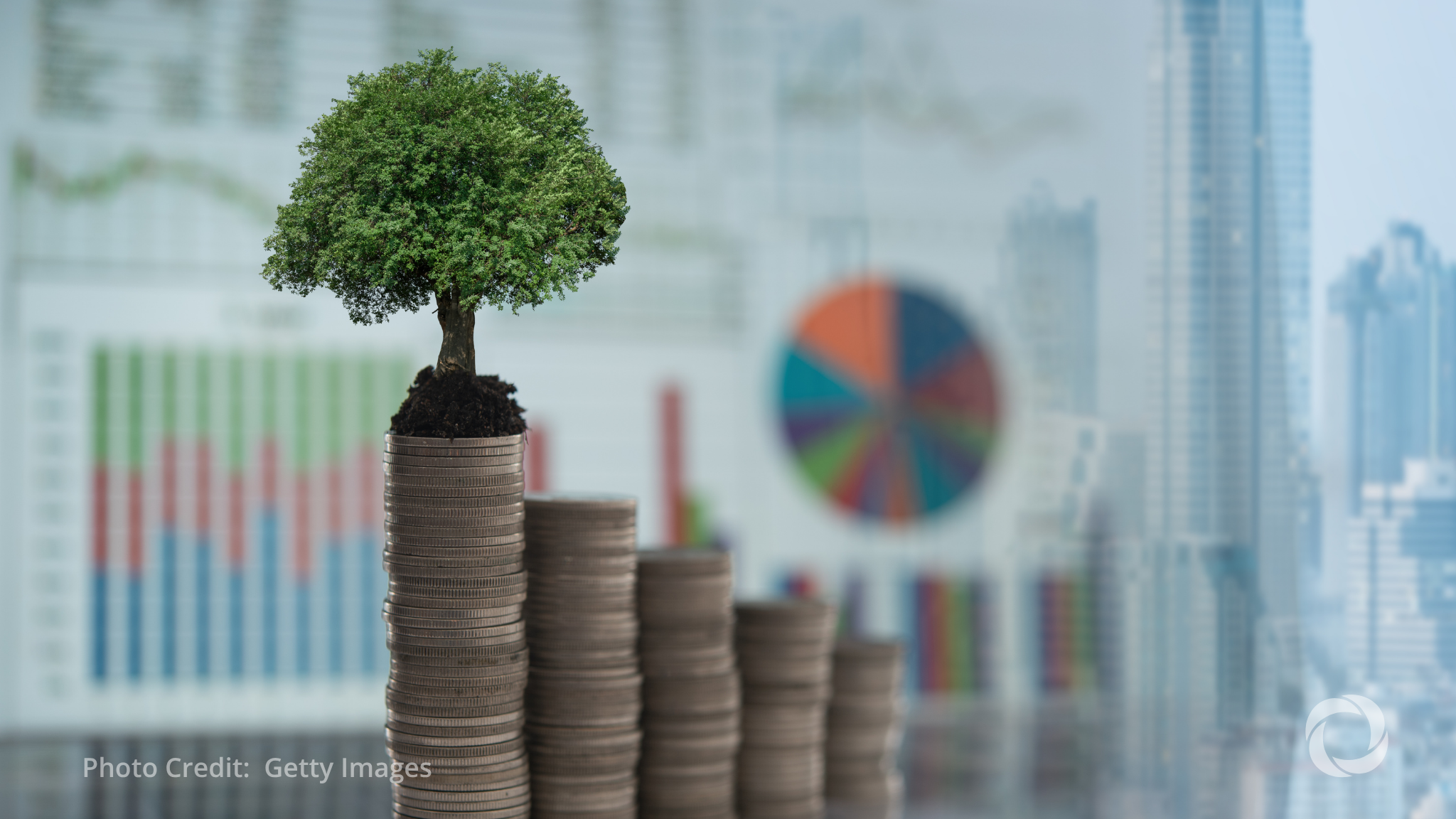As world leaders gather in Belém, Brazil, for COP30, the spotlight is on one big question: can climate finance become more than a promise and actually save lives? Throughout the climate talks, frontline nations have repeated a hard truth—without real funding, there’s no way forward for millions at risk. Every big solution, every plan to help vulnerable people cope with climate change, hinges on money actually reaching those in need.
Saturday’s high-level talks dug into how climate finance is the engine behind progress. Annalena Baerbock, President of the UN General Assembly, told delegates this summit should kick off the distribution of up to $1.3 trillion in climate finance every year, delivered quickly and fairly to the places that need it most. She made it clear: climate action and social justice go hand in hand. Hunger, conflict, and forced migration are all part of the same cycle unless money and action reach the ground.
COP30 also marks a decade since the Paris Agreement—once thought impossible, but now celebrated as a turning point. Since then, renewables went from a dream to the fastest-growing energy source. Last year, the world poured $2 trillion into clean energy, way more than fossil fuels, and solar is now the world’s cheapest electricity.
But challenges remain. Baerbock pointed out that Africa, rich in renewable potential, is still left behind: hundreds of millions lack electricity, even though the continent could be a powerhouse for clean energy. She called on wealthy nations to deliver on their financial and technical promises and push big reforms in global finance.
Simon Stiell, UN Climate Change Executive Secretary, didn’t mince words—financing is the “lifeblood” of climate action. While investments in green energy and resilience are growing, he warned it’s not enough, nor is it flowing predictably or fairly. He urged countries to step up now, arguing that when money moves, ambition and progress follow. “When finance flows, ambition grows,” he said, pointing to how these investments can spark jobs, lower living costs, improve health, and build a safer world.

